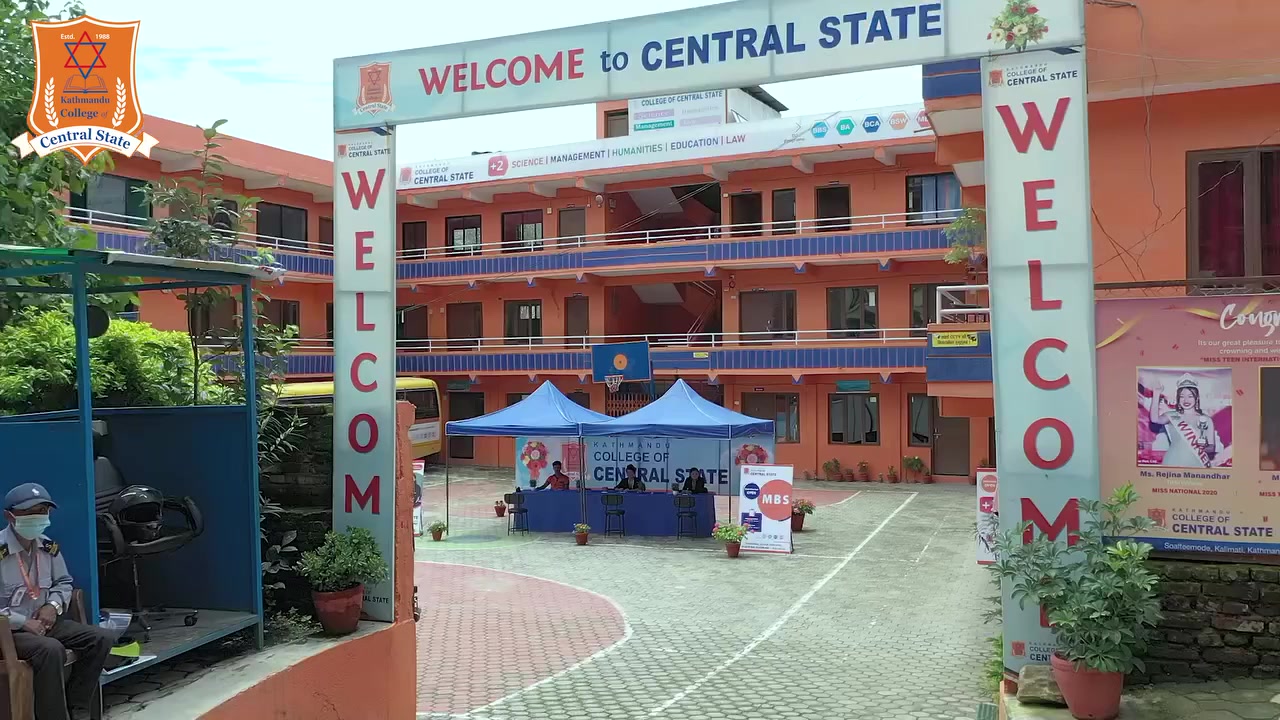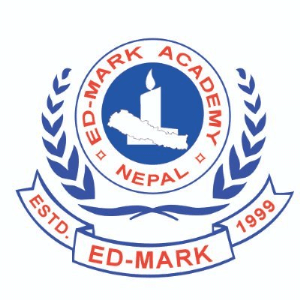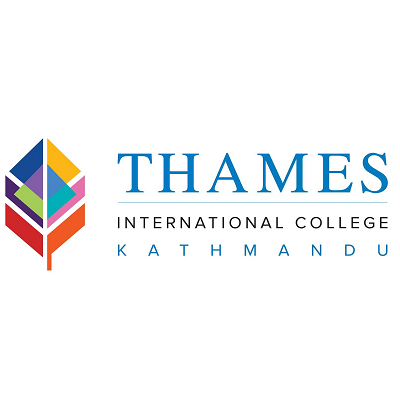Overview
Bachelor of Arts in Social Work (BASW) – Kathmandu College of Central State
BASW at Kathmandu College of Central State (KCCS) runs under Tribhuvan University and serves students who want a structured route into professional social work. You study core theory, ethics, and methods while completing compulsory fieldwork, research tasks, and academic writing.
The program follows the four-year BA framework under TU. Students learn casework, group work, and community organization, then apply these methods during supervised placements. Field diaries, agency reports, and reflection notes form an important part of your assessment.

Highlights
-
Affiliation: Tribhuvan University, Faculty of Humanities and Social Sciences
-
Duration: Four years
-
Core elements: Social work values and ethics, practice methods, research basics, academic writing, Nepal studies
-
Practice: Compulsory fieldwork with supervision, periodic reviews, and final reporting
Curriculum Details
Early semesters introduce social work concepts, history, and values. You study human behavior, sociology, and psychology to understand how people, families, and groups respond to stress and change. You learn basic interviewing, documentation, and record-keeping.
Mid-program semesters move to practice methods. You learn social casework for individual support, group work for shared problems, and community organization for local issues. Faculty use role-plays and scenario tasks to build confidence before field visits. You start field diaries and prepare short reports that include objectives, activities, outputs, and learning points.
Senior semesters prioritize research and field specialization. You study research methodology, sampling, data collection, and ethics. You prepare a proposal, collect field data with consent, and write a report that uses simple tables and clear summaries. Academic writing sessions help you present information in a professional format. Students who prefer program management tasks learn basic planning, budgeting on paper, and monitoring through indicator logs.
Objectives
-
Build core understanding of social work values, rights, and responsibilities
-
Practice methods at individual, group, and community levels with supervision
-
Strengthen field documentation and ethical decision-making
-
Learn research basics to study needs and outcomes in a local context
-
Improve academic writing for reports, briefs, and presentations
Scope
BASW graduates work in community development, child and youth programs, schools, hospitals, rehabilitation centers, and local governments. Typical entry roles include program assistant, case management support, outreach worker, and documentation officer. Many graduates pursue MSW or public health and development studies to reach supervisory or specialist roles.
Learning Outcomes
By graduation, students should be able to:
-
Use casework, group work, and community organization to plan practical interventions
-
Conduct simple needs assessments and basic research using ethical procedures
-
Write clear field diaries, case notes, and end-of-placement reports
-
Communicate with service users, agencies, and local authorities using respectful language
-
Read policy and legal documents that affect social services in Nepal and explain their relevance
Skill Development Modules
-
Fieldwork: Weekly or block placements with recognized agencies under faculty supervision
-
Reflection Meetings: Scheduled reviews to connect theory with practice
-
Research Tasks: Proposal, data collection, analysis, and report writing with citation practice
-
Documentation: Case records, activity logs, and summary sheets reviewed by supervisors
-
Exposure: NGO visits, community mapping, stakeholder meetings, and awareness events
Teaching Methodology
KCCS uses lecture-plus-discussion sessions, role-plays for interviewing and counseling basics, and guided document analysis. Faculty advisers coordinate placements, clarify expectations with agency mentors, and check diaries regularly. Internal assessment covers attendance, submissions, and presentation. TU conducts end-term examinations as per the academic plan.
Admission Requirements
-
Qualification: 10+2/Intermediate or PCL in any stream from a recognized board
-
Selection: Department-level admission process; interaction may apply
-
Documents: Grade 12 transcript and certificate, character certificate, migration/provisional (as needed), citizenship copy
Applicants should follow current TU notices for the session.
Career Opportunities
-
Community Facilitator, Program Assistant, Outreach Worker
-
Case Management Support in hospitals, schools, or local units
-
Documentation Officer or Monitoring Assistant in NGOs
-
Pathway to MSW, public health, or development studies
Employers look for students who can speak clearly about practice methods, show evidence from field diaries, and write concise reports. Your placements help you build references and learn agency routines.
Scholarships and Financial Aid
KCCS announces merit and need-sensitive categories each academic year within available rules for the session. Students submit forms with required proof. Many awards specify conditions related to behavior, attendance, and performance.
Why Choose This Course?
You want a TU-recognized social work degree that balances classroom learning with real field exposure. You prefer steady supervision, clear documentation standards, and research tasks that help you analyze local issues. You seek a path toward community service, service-linked government units, or further study in social work.
Conclusion
Plan your study and fieldwork calendars early. Keep diaries updated every week and store signed copies of agency letters, schedules, and reports. Build a small portfolio of case summaries and research abstracts so you can share concrete evidence of your work during interviews or postgraduate applications.
Contact Kathmandu College of Central State's administrative office for detailed information on the Bachelor of Social Work (BASW) course, including fees, scholarships, facilities, counseling, eligibility criteria, etc.


















